News
-
 Planetary Science
Planetary ScienceSurprising astronomers, Bennu spits plumes of dust into space
Bennu spews dust from its rocky surface, which may be a new kind of asteroid activity.
-
 Science & Society
Science & SocietyThe learning gap between rich and poor students hasn’t changed in decades
The educational achievement gap between the poorest and richest U.S. students remains as wide as it was almost 50 years ago.
By Sujata Gupta -
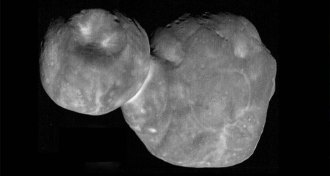 Planetary Science
Planetary ScienceUltima Thule may be a frankenworld
The first geologic map of Ultima Thule shows it might be made of many smaller rocks that clumped together under the force of their own gravity.
-
 Neuroscience
NeurosciencePeople can sense Earth’s magnetic field, brain waves suggest
An analysis of brain waves offers new evidence that people subconsciously process information about the planet’s magnetism.
-
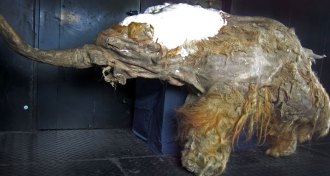 Genetics
GeneticsResurrecting woolly mammoth cells is hard to do
Japanese scientists say some proteins in frozen mammoth cells may still work after 28,000 years. But that activity may be more mouse than mammoth.
-
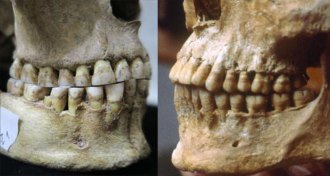 Humans
HumansThe rise of farming altered our bite and changed how people talk
Eating soft, processed foods refashioned adults' jaws, which added “f” and “v” sounds to speech and changed languages worldwide, a study finds.
By Bruce Bower -
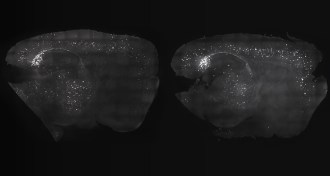 Health & Medicine
Health & MedicineFlickers and buzzes sweep mouse brains of Alzheimer’s plaques
Precisely timed clicking noises can counter signs of Alzheimer’s in the brains of mice and improve memory.
-
 Climate
ClimateStudents worldwide are striking to demand action on climate change
On March 15, students are set to attend more than 1,000 events to demand that governments do more to rein in greenhouse gas emissions.
-
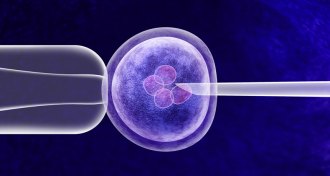 Genetics
GeneticsGeneticists push for a 5-year global ban on gene-edited babies
Prominent scientists are using the word “moratorium” to make it clear that experiments to create babies with altered genes are wrong, for now.
-
 Health & Medicine
Health & MedicineHidden compounds in many medications can trigger allergies
Analysis of 42,000 pill recipes shows nearly 93 percent have ingredients that may cause allergic reactions.
-
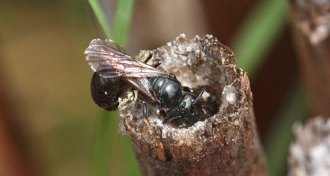 Animals
AnimalsThe first male bees spotted babysitting are mostly stepdads
Some male bees guard young that are likely not their own while mom looks for pollen, a study finds.
By Susan Milius -
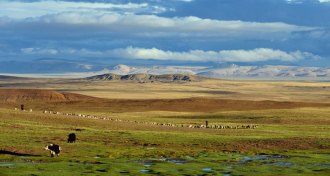 Earth
EarthThe ‘roof of the world’ was raised more recently than once thought
New studies suggest that the Tibetan Plateau may have risen to its dizzying heights after 25 million years ago.